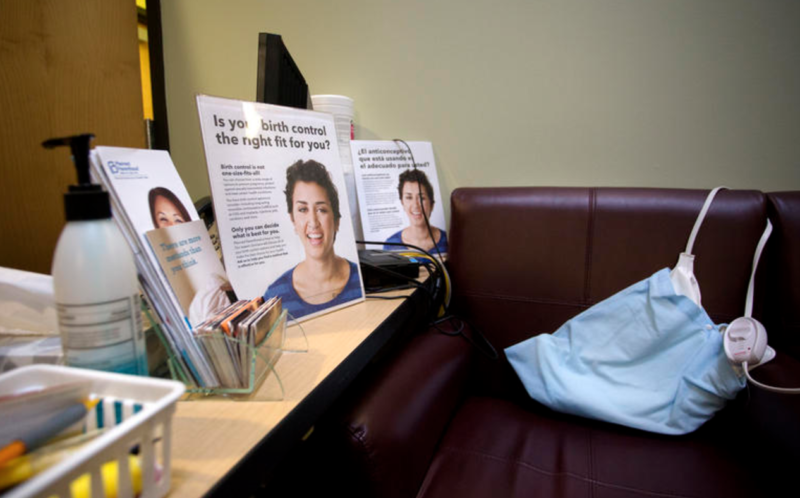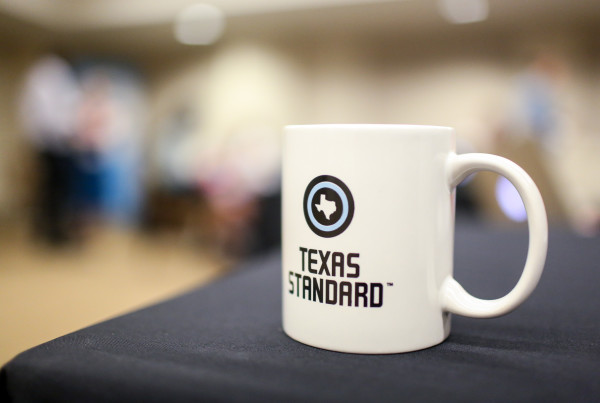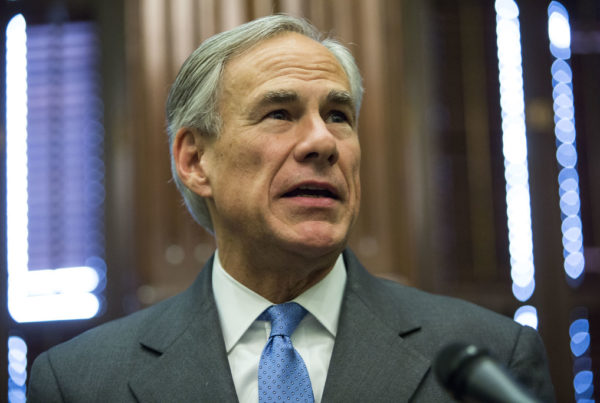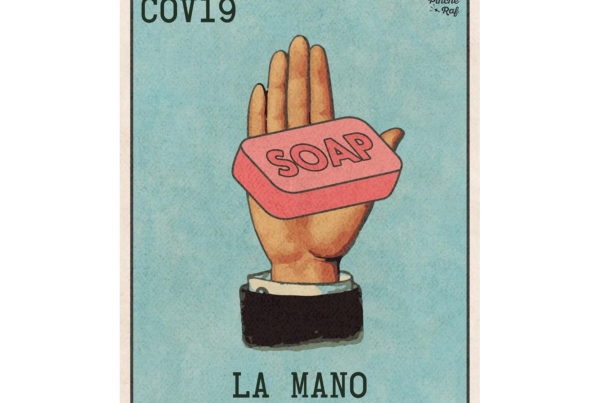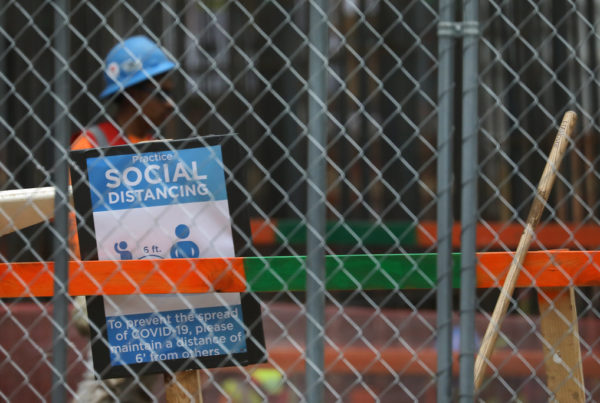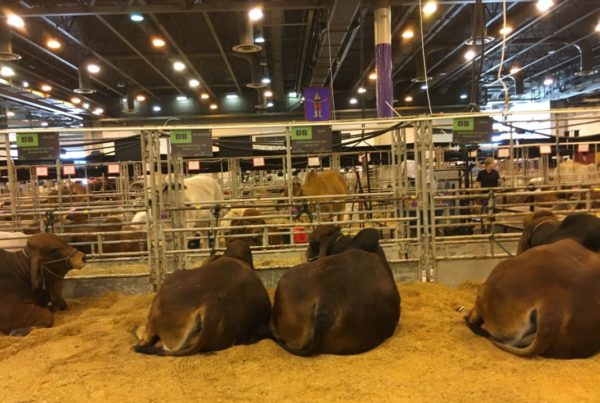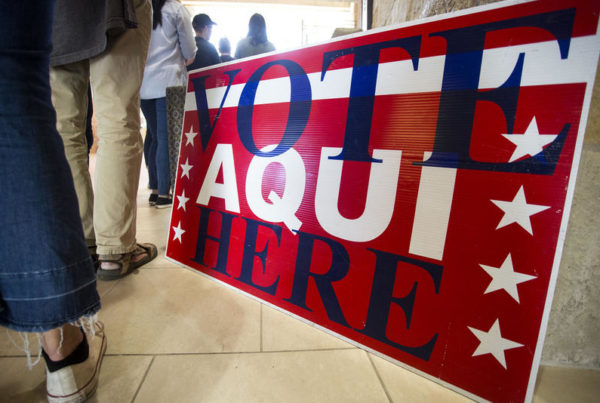Texas Gov. Greg Abbott has issued several executive orders in recent weeks in response to the COVID-19 pandemic. But some of the orders are facing legal challenges, with critics saying the state has gone too far in the name of public health.
One order limiting elective procedures at hospitals was meant to free up hospital resources in preparation for a possible surge in COVID-19 cases. But then, Texas Antony General Ken Paxton’s interpretation of that order also meant all abortions in the state were halted. That provision has been challenged in court, and as of Monday, the 5th Circuit Court of Appeals didn’t block a lower court decision to exempt medicinal abortions from the executive order.
Steve Vladek is a constitutional law scholar and professor at the University of Texas at Austin. He tells Texas Standard host David Brown that the 5th Circuit refused Abbott’s request to stop the lower court’s decision to allow medicinal abortions.
“At least for now, medicinal abortions in Texas can go forward, but surgical abortions cannot,” Vladek says.
Vladek says the decision means it’s unlikely abortion advocates would further pursue an appeal to the U.S. Supreme Court.
“It does take the wind out of the sails in the Supreme Court because, I think, from the Supreme Court’s perspective, providers have gotten … much of the relief they had been seeking,” he says.
Abbott also issued an execute order preventing anyone in jail or prison to be released during the pandemic without cash bail if they had been accused or convicted of a violent crime.
The order was prompted as criminal justice advocates and some county governments tried to limit the number of inmates in prisons and jails because of the risk to their health during the pandemic. But Vladek says Abbott’s order disproportionately affects those who are poor. For now, the order is in effect until the state Supreme Court rules on its merits.
“The governor’s edict is in effect for the moment,” he says.
Written by Caroline Covington.


